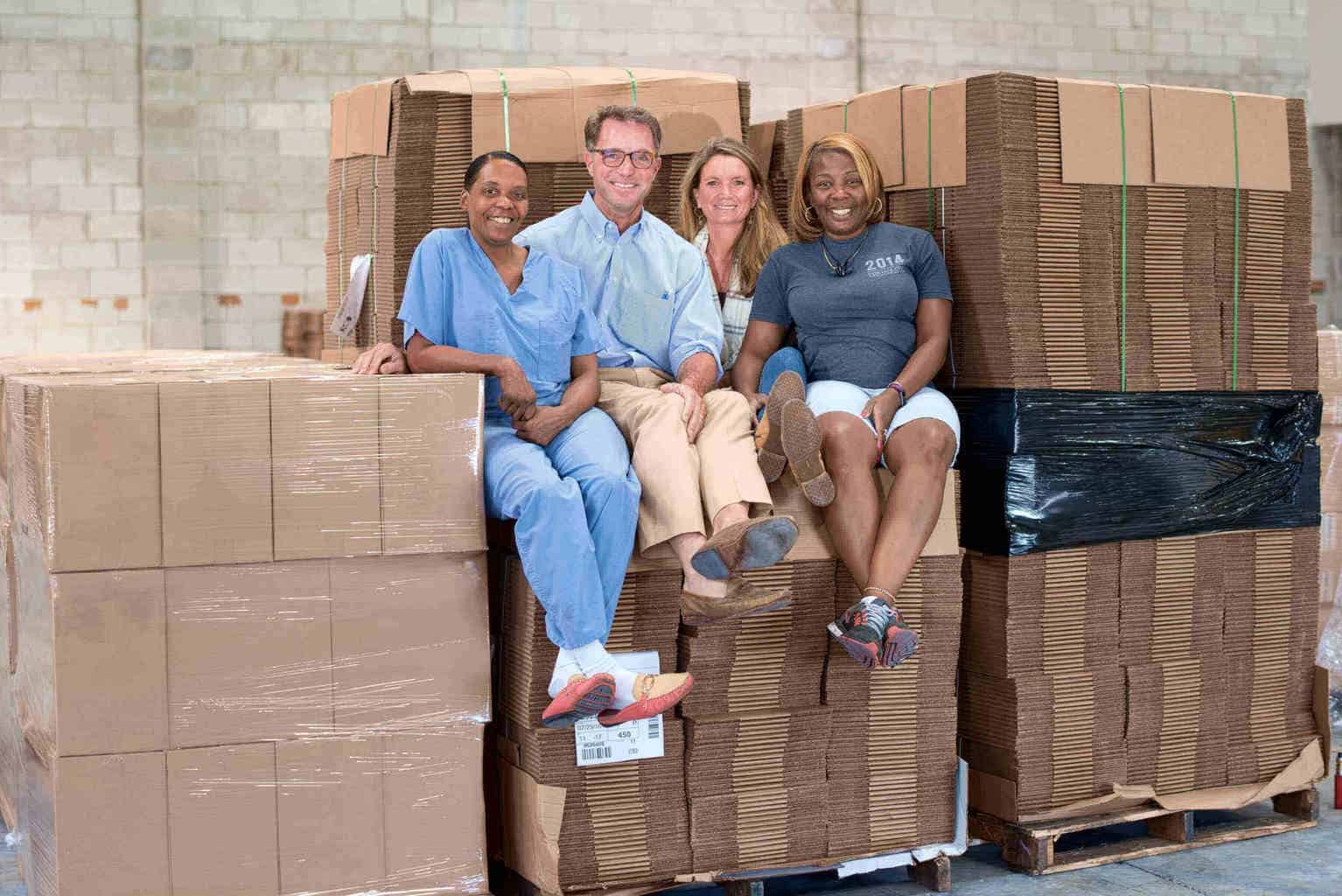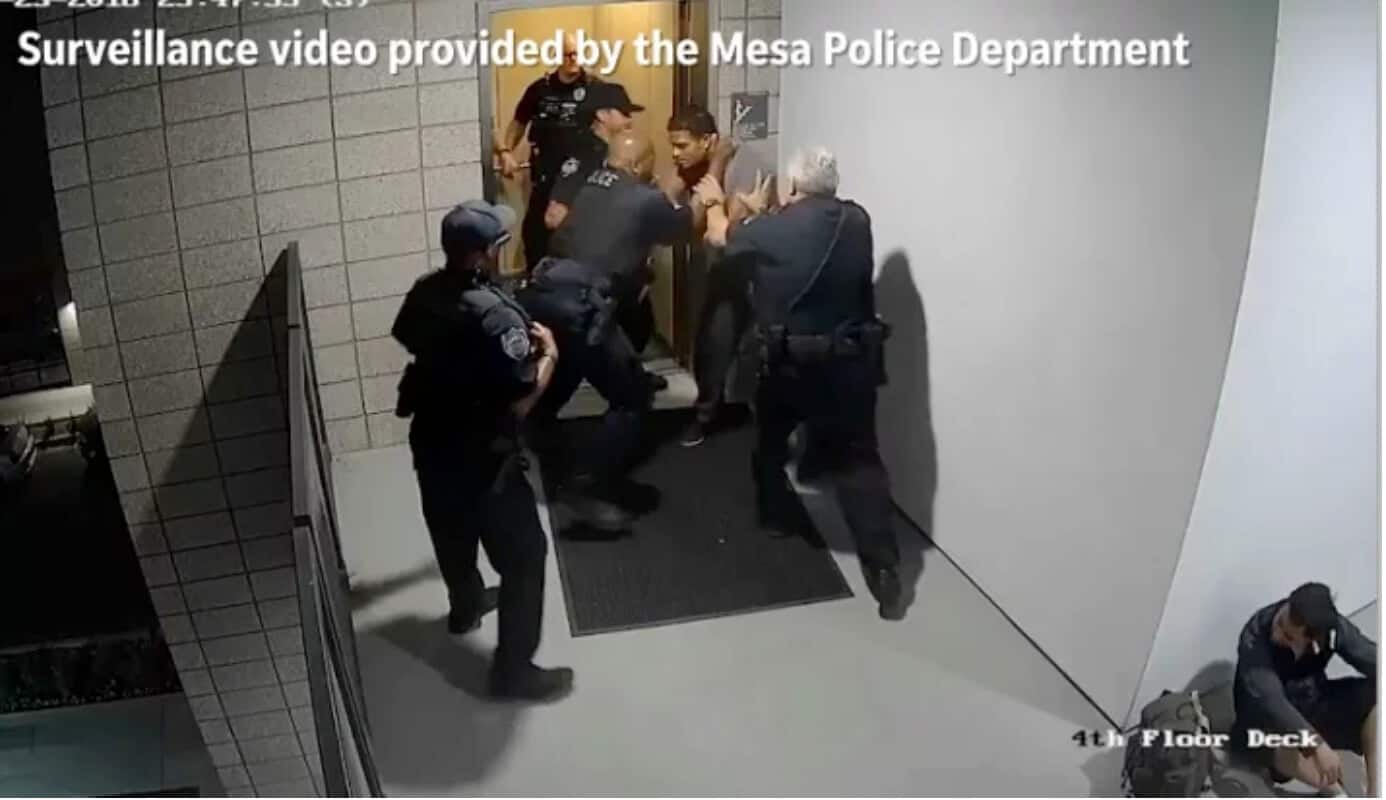
As I sit in the new café at Thistle Farms in Nashville, I marvel at the line snaking out the door. People come from all across the city to sit in our café and drink a cup of coffee or enjoy lunch. Friends meet here to chat about life and news of the day, perhaps including Bill Cosby’s guilty verdict or the explosion of the #metoo movement. They may not realize their latte was prepared by a sexual abuse survivor, another survivor baked their lemon scone, and their smiling waitress fled home as a teen to escape a sexual predator.
Each woman survivor comes to Thistle Farms for a reason – whether sexual abuse, trafficking, addiction or prison. They are the faces behind the headlines. They came here to discover the many ways love heals. To find space to heal and recover. To rediscover their worth and dignity. Our graduates are living proof that love is the most powerful force for change in the world.
Showing love to these brave survivors goes beyond addiction recovery and housing. Finding work that provides a living wage is one of our graduates’ greatest hurdles. As a result, Thistle Farms began creating justice enterprises which have been translated into business systems. Our café, and the retail space next door, sell goods from all over the world. Our work is proof that it is possible to grow economies of love that have an impact on people’s lives.
Research shows a dramatically growing consumer base interested in cause branding. From students to retirees, people long to put their money where their values are. Millennials come to our café because they want their purchase to invest in women’s freedom. Business leaders come to the café to connect with the story of women healing from trafficking and addiction. Others simply drop in at the café for lunch or a cup of tea and to bear witness to love – love is practical, relevant, and influences the distribution of wealth and resources.
Humberto Maturana, a Chilean biologist says, “Love is the only emotion that increases the intelligence of the system.” In other words, any system organized around love increases that system’s intelligence and connection. Faith in the power of love is at the heart of all we do at Thistle Farms, yet this rich economy of love, which changes markets and cultures, is rather old news.
Everything I needed to learn about launching justice enterprises I learned from attending church “bazaars” with my mom. The model was simple – a group of women decides to raise $1,000 for a justice initiative. They could take up an offering, ask a wealthy woman for a donation, or simply ask the church. There are many ways to raise $1000. Instead, they hold a bazaar (kind of an onomatopoeia).
The bazaar worked like this. Everyone spent their own money on materials, then they created crafts from raw materials and delivered them on a specified date. The ladies set up tables, hosted cake walks, or sponsored a fish fry. Mainly they spent all day buying each other’s stuff. At the end of the day the $1000 had been raised in what appeared to be a non-efficient way. It took too much time, and it cost them $600 in raw goods. But much more happened then could be measured in dollars. First, everyone shared their talents and felt good about their personal contribution. Second, community was formed as they committed to do an event every year, raising thousands of dollars over time. Third, people invited their friends to join in, and the market of supporters grew as the story of the justice initiative spread further. Yes, it is bazaar, but this old model demonstrates how easily a small community can create an economy of love.
Over two decades at Thistle Farms, we have founded a half-dozen justice enterprises in which the work force is the mission. This is a specifically powerful economy of love. The more creatively and lovingly the justice issues are articulated, the stronger the enterprise grows. Conversely, if a community approaches the work of justice only by force and debate, the impact is lessoned. As we share our story and invite people into creativity, listeners are more open, and more willing to engage with us.
Last year a group of individuals started the first Thistle Farms justice enterprise with women refugees from Syria who are living in a refugee camp in Greece. The work was to weave strips of used blankets and life vests – used in their escape from Syria – into welcome mats. Their work was symbolic of a shared hope that the world would become more welcoming. It was loving, practical, and relevant, all the requirements of creating a powerful story with an economic impact.
Established organizations said we couldn’t hire or pay refugees. They said the launch of our economic model in the camp would cause a riot, but the riots never came. One thousand welcome mats have been produced and $100,000 of revenue have been generated in just the first nine months. And the numbers are growing. Now an official not-for-profit in the European Union, this justice initiative is poised to grow exponentially with more projects, more outlets and more support.
The refugee’s welcome mats are really just the church ladies’ bazaar on a grander scale. As women sit together, stripping old life vests and blankets into pieces, they share stories. They talk about hopes for their kids and the refugee camp. Weaving, side by side, they imagine how they are going to reunite their families. People around the globe are joining this economy of love by purchasing $100 welcome mats. They buy these woven mats for the same reason many people visit our café in Nashville. People long to be part of a loving story alongside these resilient women.
Dorothy Day, the founder of the Catholic Worker Movement, spoke of how, in the work of charity, there is extravagance. Charity is rich enough to endow all who participate with gratitude and worth. Day taught me, and thousands of impressionable seminarians, that we had to find a way to make love relevant and practical for people. It was her conviction that whether we were running a business, a church, or starting a movement, we needed to do it with love so it would be powerful and deep enough to make an impact.
The economy of love is a good business model, a smart way to use resources, and it can change our world. No matter what your business or what you are selling, love can be an organizing force for your business. We participate in the love economy when we take the time to know where our products are sourced, how they are made, and who benefits. We can put our money where our values are and sustain these economies. This is how love heals.






















